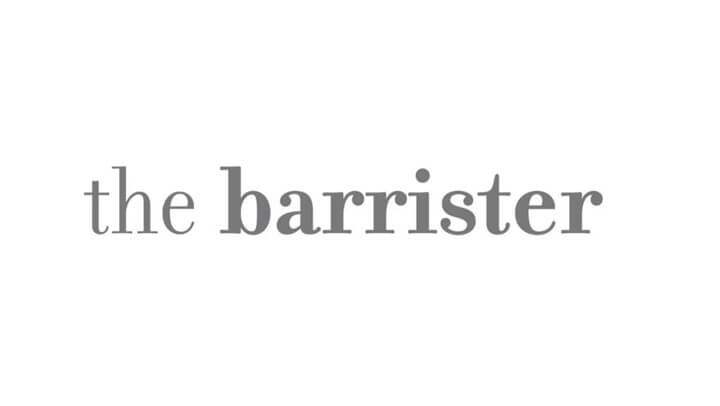BCL partner Harry Travers and senior associate Alex Swan’s article, ‘What does the Serco trial collapse mean for Deferred Prosecution Agreements?’ has been published by The Barrister Magazine.
Here’s an extract from the article:
The stark contrast between the SFO’s ability to secure lucrative DPAs with corporate suspects, and its inability to secure convictions of the individuals whose alleged conduct underlies these DPAs, is illuminated by the recent collapse of the SFO’s trial against two former directors of Serco Geografix Limited (“SGL”).
In the DPA between the SFO and SGL entered into in July 2019, SGL accepted responsibility for fraud and false accounting based on the actions of two former directors and agreed to pay £19.2 million and SFO costs of £3.7 million. Both ex-SGL directors were subsequently charged with fraud but four weeks into their trial, the SFO (in its own words) “uncovered errors made in the non-disclosure of certain materials.” The judge considered these errors to be extremely serious, refusing the SFO’s application for an adjournment to allow it to remedy the position and facilitate a retrial. The judge further commented: “It seems to me there are…real concerns in relation to the nature of the prosecution case against these defendants.” This left the SFO in the unfortunate, but self-inflicted, position of having to offer no evidence. Compounding its woes, the SFO is likely to have to pay significant defence costs. It comes as no surprise that the SFO stated that it is “…considering how best to undertake an assessment to prevent this from happening in the future.”
The SFO has had some success prosecuting corporates. It successfully prosecuted Smith and Ouzman Ltd for an offence of corruption (the first conviction of a corporate for overseas bribery) in 2014, secured a guilty plea to an offence of failing to prevent bribery by Sweett Group plc in December 2015, and more recently in April 2021 secured a guilty plea to one count of corruption by GPT Special Project Management Ltd. However, it is the DPA regime which has delivered most of the SFOs success against corporates; to date, it has secured nine DPAs, resulting in over £1.5 billion in financial penalties and in excess of £32 million in costs. This is significant when one recalls that the SFO’s core funding for the year 2019/2020 was approximately £52.5 million. Despite this success, though, the SFO has failed to secure a conviction against any of the 11 individuals it has prosecuted in the four prosecutions that have resulted from a DPA: Sarclad Ltd, Tesco Stores Ltd, Güralp Systems Ltd, and now SGL. Does this anomaly demonstrate a systemic problem in the DPA regime, in the SFO’s ability to prepare and bring a case to trial, or both?
This article was originally published by The Barrister Magazine on 08/06/21. You can read the full article here.

